When you pick up half a dozen fluffy, charming little chicks from the feed store and bring them home, it can be hard to remember—or to explain to your kids—that backyard chickens, like all creatures, eventually age and die.
But how long do chickens live anyway, and why do they die? Here are some basics about the lifetime of a chicken to let you know what to expect and look out for.
Typical Chicken Lifespan
Backyard chickens typically live between 5 and 8 years, barring predation. The longest-lived chicken ever recorded was 16 years old when she died, but don’t expect your pet chickens to see your kids off to college.
However, despite the fact that chickens don’t live forever, neither are they short-term commitments as pets. Chicks are not only a cute gimmick to put in an Easter basket, they are a living animal with needs for shelter, feed, care and attention, possibly for up to a decade!
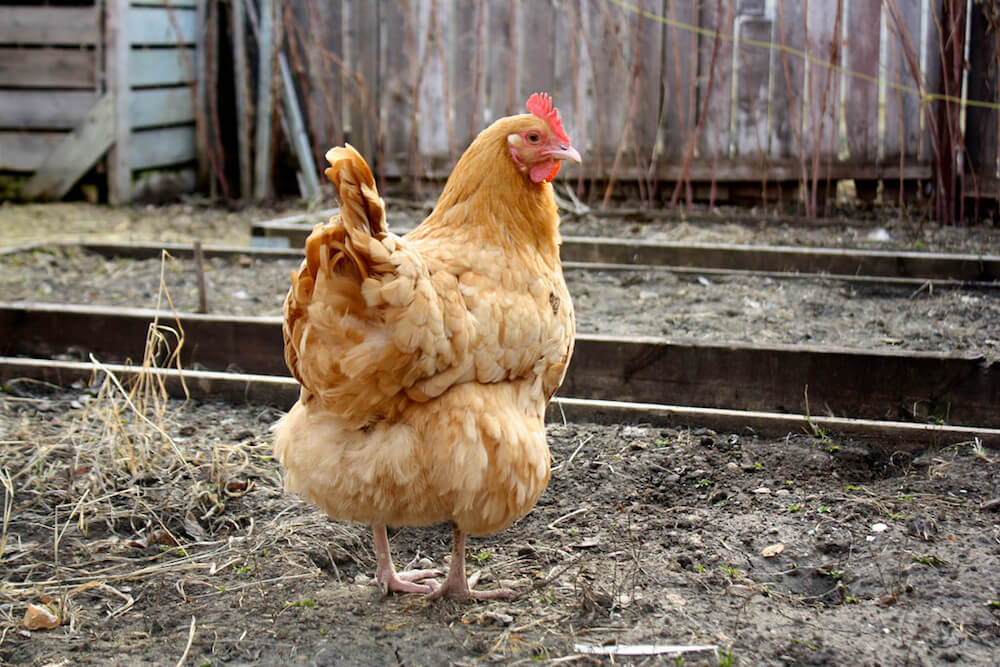
If you are considering adding chickens to your household, keep in mind that they will be with you for many years, even as your interests and commitments change. If you need to move houses, your chickens will also have to be transported or rehomed.
When Do Chickens Stop Laying?
Hens are in their laying prime during the first year and a half after they begin to lay. Depending on their breed, they will lay between three and seven eggs a week for the first couple of years. After that they will lay sporadically, and less and less over time until they stop laying completely between four and six years old.
Commercial breeds will lay more consistently for longer. We have a couple of black sex link hens, a commercial laying hybrid, that are four years old now and still laying a couple of eggs a week.
Your hens might stop laying for a reason other than their age, in which case they may not be done for good. Shortening days in the winter causes hens to stop laying, or lay more infrequently. Older hens are especially sensitive to changes in daylight.
Brand new laying hens may lay fairly steadily through their first year, but don’t be surprised if those same hens take a winter break later in life. Turning a heat lamp on in the morning and evening artificially lengthens the days and can help with this lag, but always count on more eggs in the summer than the winter.
Chickens also molt, or shed their feathers, a natural process which can look very scary to a first-time chicken owner. Most chickens molt once a year, in the late summer or early fall, and typically stop laying during that time.
Feathers are very high in protein, so it helps to supplement the chicken’s diet with a protein source, like whey, flax meal, or insect meal. Molts usually last about two months, but your hen may start laying again sooner.
What Are Common Causes Of Premature Chicken Death?
In my experience, the most common cause of mortality in chickens is predation. That is especially true in a rural area, like we live in, but even in an urban setting, possums, coyotes, owls, snakes, raccoons, even pet dogs can pose a danger to chicken flocks.
Many of these critters can get over, under, or through a fence unless it is electrified. Still, sturdy fencing is important for chicken safety. We don’t use electric fencing, because if a hen tangles herself in electro-netting, the electrocution will kill her.
Chicken wire has a small-enough weave to keep out possums, foxes, weasels, and other slithery critters that could go through larger fencing, and a covered chicken run will deter birds of prey. Be sure to check your fence regularly for holes. Rats can absolutely chew through chicken wire, and they will eat young chicks whole.
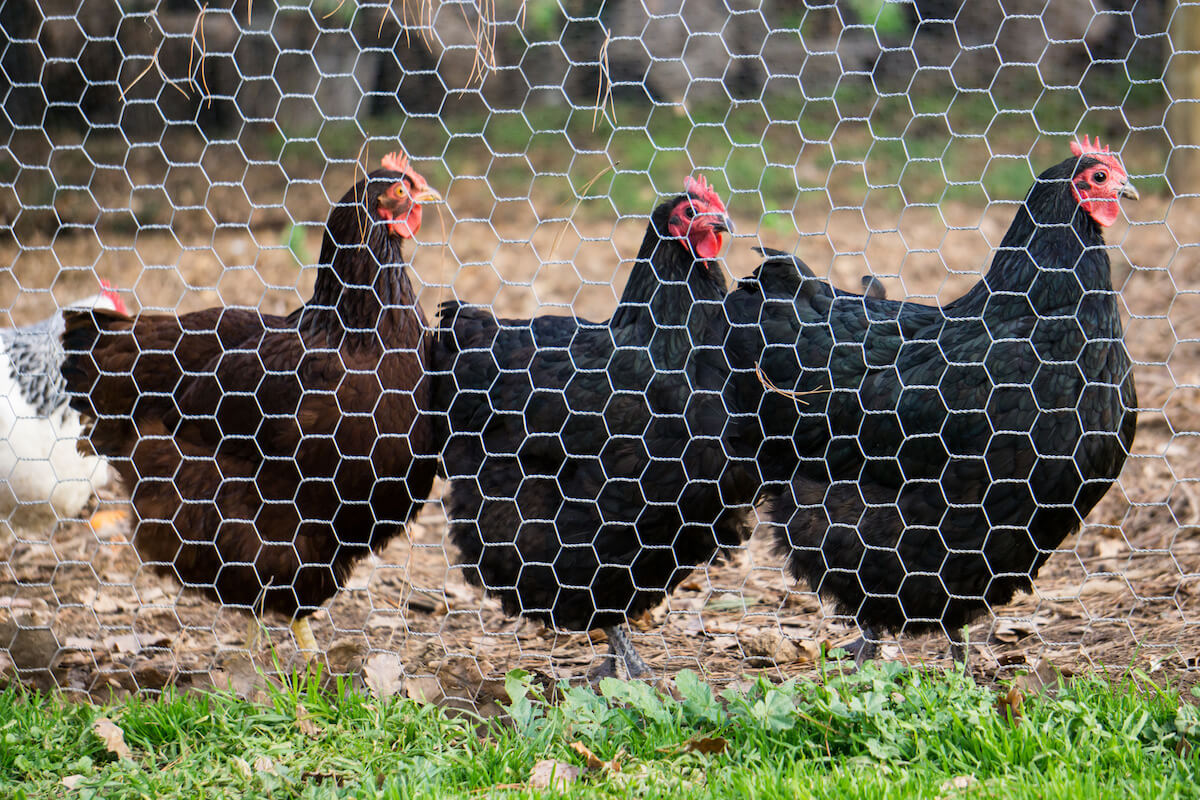
Having a sturdy coop where you can shut your chickens in at night helps a lot, but predators can disappear chickens in broad daylight. A couple of weeks ago an otter came out of the creek in the middle of the day and attacked our chickens. My partner laid out and snatched a hen from its claws, and then we scared it off with our .22 shotgun.
We’ve also lost chickens more than once to pet dogs who visited the farm and killed a hen before anyone could stop them, when their owners let them off leash. Do be careful if a friend wants to bring over a dog you’ve never met before. Even if they say “She’s such a good dog,” that means nothing.
Many good dogs have hunting instincts, and it’s better safe than sorry. (And if you have a dog, keep your pet leashed when visiting a farm, unless you get express permission from the owner, good grief).
Check out these signs to help diagnose what kind of critter is stealing your ladies.
Chickens can also contract diseases, but I have found this to be very uncommon in backyard flocks. Because there are so few birds to incubate disease, and they typically don’t have contact with other chickens, they have natural protections against the kinds of diseases that plague highly crowded commercial poultry operations.
They also live healthy, active lives with sun, fresh air, and soil, all of which support a healthy immune system. The primary vector of disease for backyard chickens is contact with wild, migratory birds, and rodents. So don’t put a bird bath or bird feeder in the middle of your chicken run.
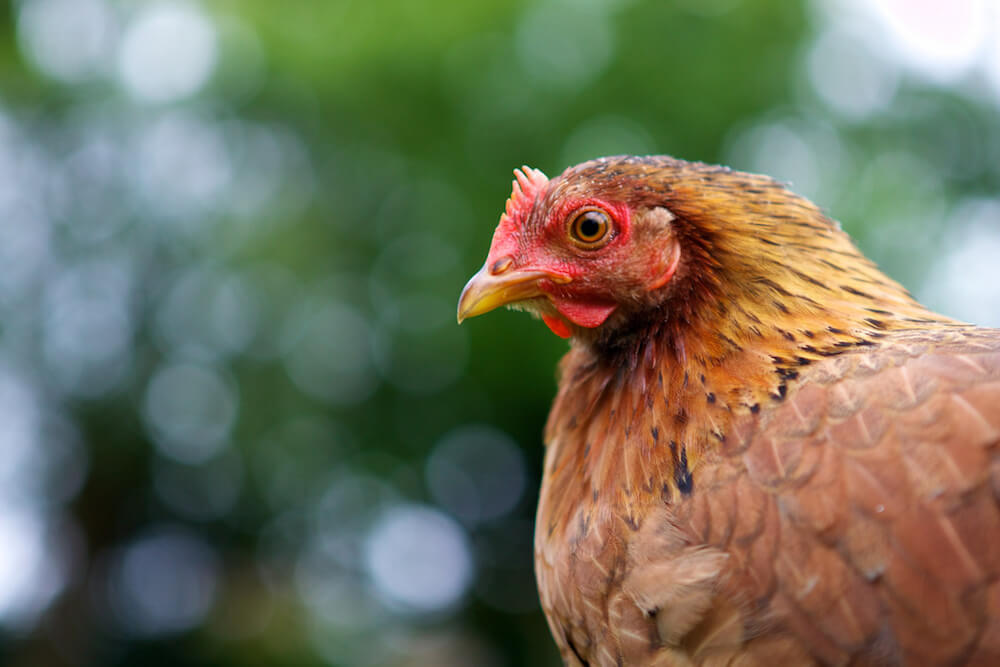
If your chickens do get sick, you can try some of these home remedies. Always start by quarantining a sick chicken away from healthy peers to prevent the spread of disease, and give her a heat lamp and fresh bedding.
It is difficult to find a vet who will treat chickens, and likely to be expensive. There are two types of vets: small animal vets that you take your dog, cat or rabbit to see, and who are only starting to be prepared to treat pet chickens; and large animal vets who work mostly on farms and at zoos, and don’t treat small critters, even though chickens are generally considered livestock.
From a farming perspective, a sick chicken is almost never worth treating with the expense of a vet call. And as always, wash your hands after handling chickens, healthy or sick.
What About Slaughter?
Many backyard chickens die on their own, but if you have a chicken who is clearly suffering it may be time to take matters into your own hands. Part of what I value about raising my own animals is being responsible for their mortality.
It makes me feel humble and genuinely grateful for their lives, and living on a farm, far away from medical help, being able to kill a suffering animal quickly and cleanly is an animal welfare issue.
If you can’t imagine killing family pet, even at the end of a full and happy life. I understand that it is possible to have your chicken professionally euthanized, but you may run into the veterinarian scarcity issue again.
After sharing your home and your daily routines with a flock of chickens for many years, it can be very sad to watch a chicken age and die. Give yourself permission to grieve, and do a ceremony if you feel the need.
You can bury the chicken, or make an equally special ritual out of cooking and eating it. Part of the challenge and beauty of raising animals is being close to them in death as well as in life. It is a valuable opportunity to teach your children about the natural cycles of life, and to practice being at peace with it yourself.

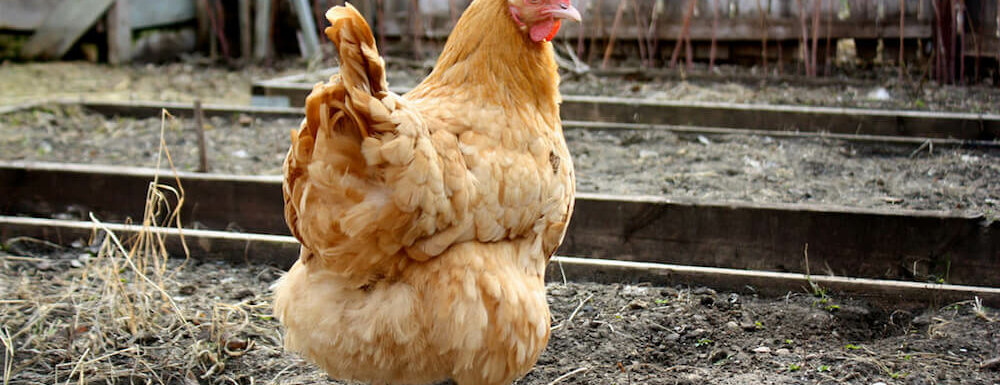


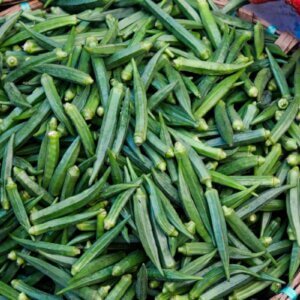
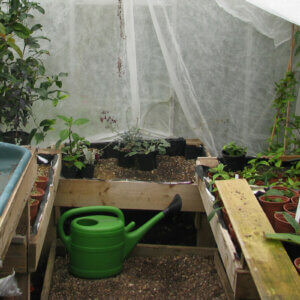

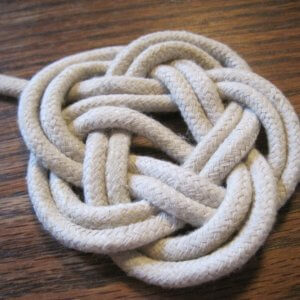



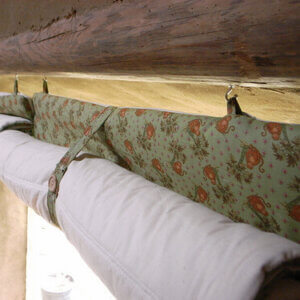








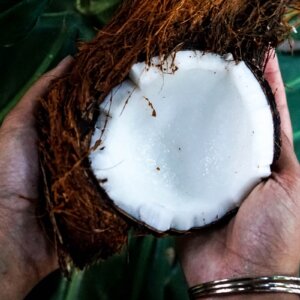


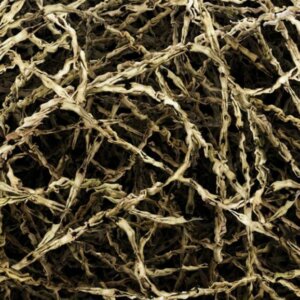

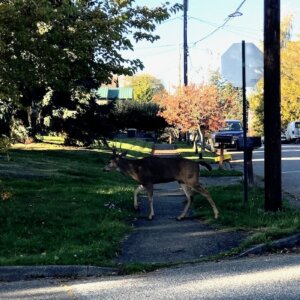







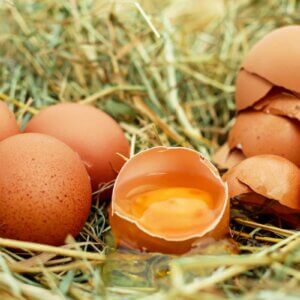




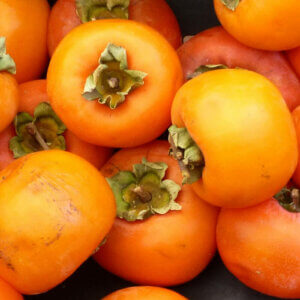


Excelente articulo.Claro ,simple ,pero sin desperdicios.Gracias.
Eating a chicken that has died of it’s own due to sickness or age is bad advice and is also from what I understand warned against in the Bible. Don’t do it. Eat only birds killed fresh that were healthy. Kosher slaughter is a different story. You can look that one up yourselves.
That was lovely explaining about being close in life and death. A good lesson for us all.